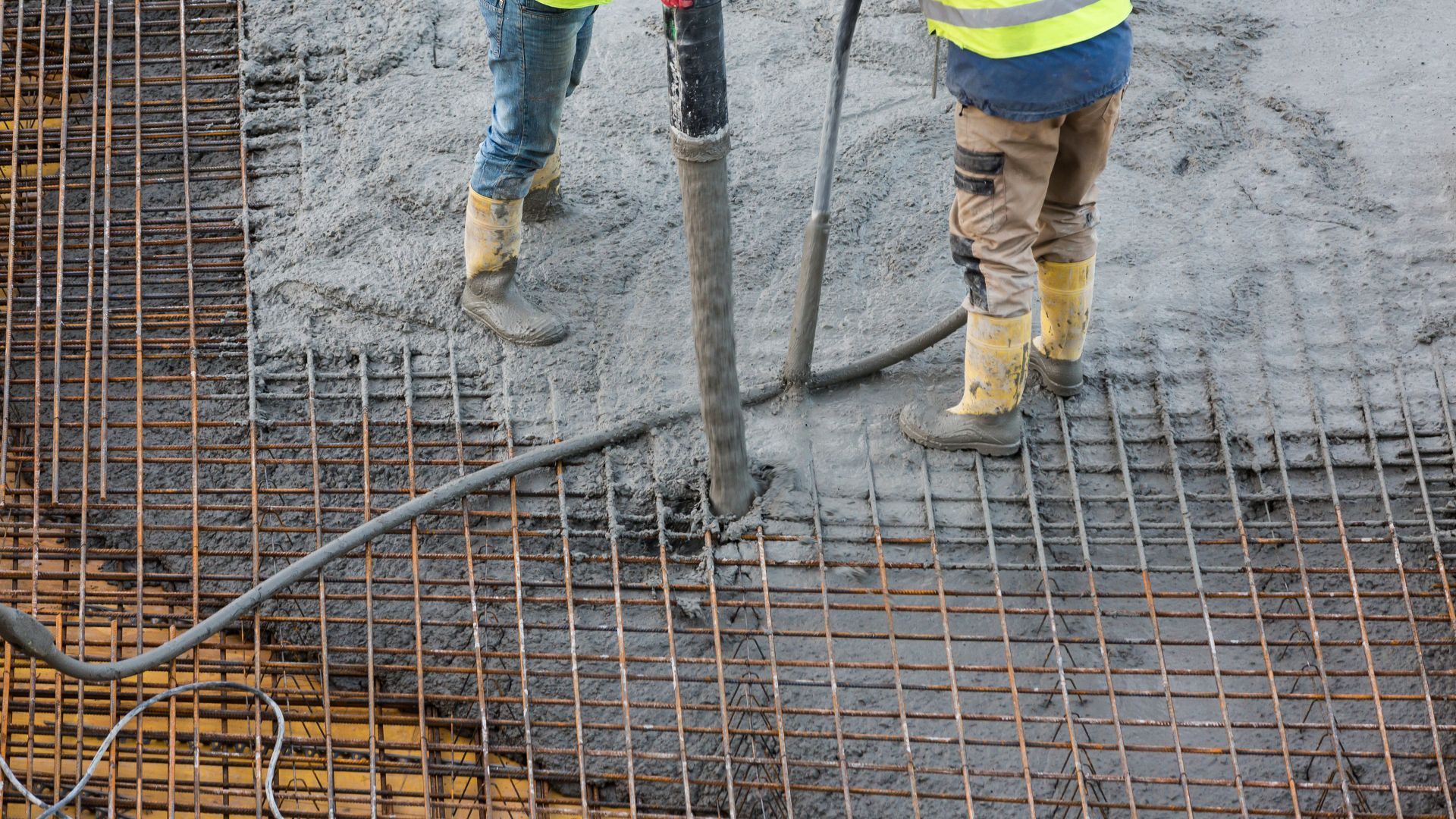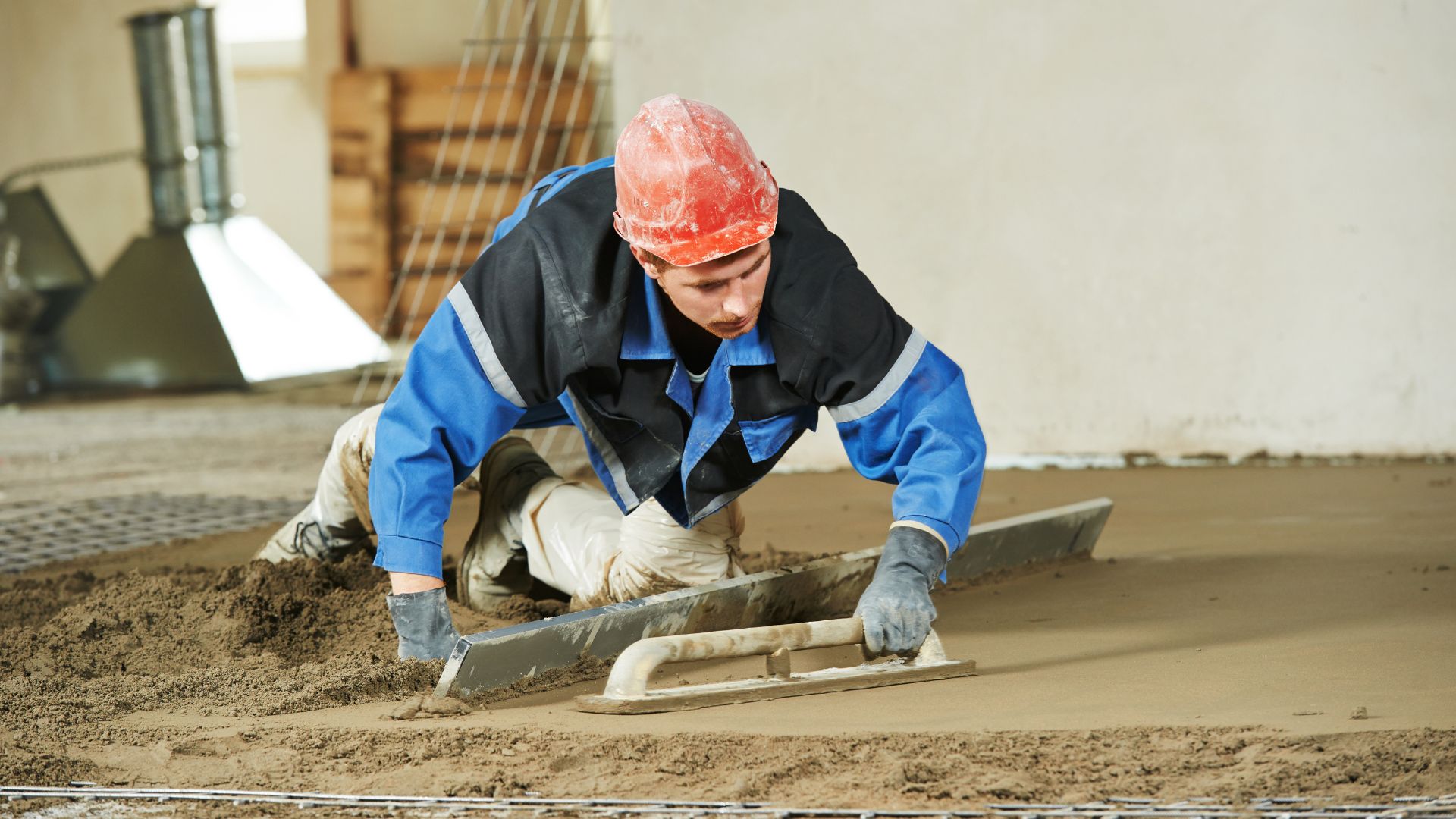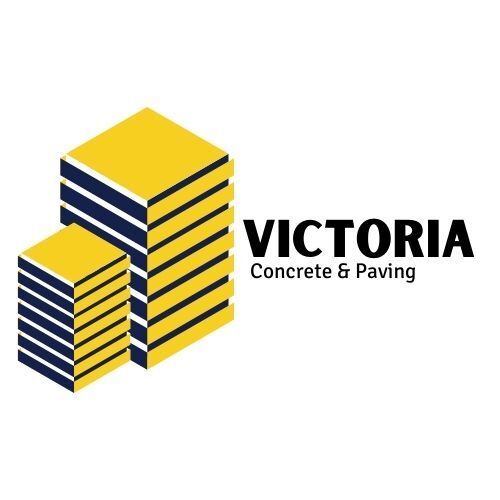Types, Cost Estimation and Factors to Consider Before Concrete Installation
Concrete, renowned for its robustness and longevity, is a highly favored construction material. It finds extensive application in the creation of foundations, roads, sidewalks, and ornamental structures. It becomes imperative to familiarize oneself with the diverse classifications of concrete, conduct meticulous cost estimations, and carefully deliberate on important factors prior to commencing the concrete placement process. This ensures a successful and cost-effective project that meets your needs.
This article highlights the various
concrete types, cost estimations, and key factors to keep in mind prior to your concrete installation.

What are the Different Types of Concrete Used in Construction?
Concrete, renowned for its exceptional strength and durability, is a vital material in the realm of construction. It is created by blending cement, water, coarse aggregates, and fine aggregates together. This substance plays an indispensable role in a wide array of residential and commercial construction projectsin Canada, spanning from the construction of airports and bridges to the creation of patios and roadways.
There are various types of concrete used for different construction needs:
Plain Concrete: Also called "ordinary concrete," it has a mix ratio of cement, sand, and aggregates. It is suitable for projects that don't require high strength.
Normal Strength Concrete: This fast-setting concrete is used for buildings and pavements that don't need high tensile strength.
Precast Concrete: It is cast into reusable moulds and cured in a controlled environment to achieve the desired strength. It is used to make precast structures like floors and walls.
Prestressed Concrete: Bars or tendons are placed before applying concrete to increase load capacity and tensile strength. It is commonly used in bridges and roofs.
Ready Mix Concrete: Manufactured in factories, it is transported to construction sites. It offers precision and reduces on-site confusion.
Reinforced Concrete: Steel bars are embedded to enhance strength. It is used in buildings, bridges, and roads.
Lightweight Concrete: Made with lightweight aggregates, it is used for structures like floor slabs and window panels.
Pervious Concrete: Designed with voids for water passage, it solves drainage issues and recharges groundwater.
Stamped Concrete: Achieves a decorative finish by impressing molds onto the concrete surface, adding a visually appealing touch.
Air-entrained Concrete: Incorporates microscopic air cells to enhance its resistance against freezing, thawing, and scaling. Suitable for enduring harsh weather conditions.
Asphalt Concrete: Specifically designed for pavements, including roads and parking lots, providing a durable and smooth surface for vehicular traffic.
Shotcrete Concrete: Applied by either the dry-mix or wet-mix method, this concrete is sprayed onto surfaces. Offers a versatile solution for various construction applications.
Lime Concrete: Utilizes lime and lightweight aggregates. Ideal for constructing structures like domes and floors, where reduced weight is advantageous.
Polymer Impregnated Concrete: Instead of cement, this type of concrete binds aggregates with a polymer, offering improved flexibility and durability, catering to specialized construction needs.
Glass Concrete: Crafted from recycled glass, this unique concrete variation enhances both aesthetics and insulation properties, contributing to sustainable construction practices.
Self-compacting Concrete: Specifically formulated to modify viscosity and flowability, self-compacting concrete is an ideal choice for construction projects involving congested reinforcements.
High-density Concrete: Engineered with heavy aggregates, high-density concrete offers exceptional strength and serves as an effective radiation shielding material.
Vacuum Concrete: This innovative concrete type facilitates faster strength development, optimizing construction timelines and ensuring efficient project execution.
Volumetric Concrete: Tailored to the requirements of large-scale projects, volumetric concrete is mixed on-site using mobile mixers. Offers advantages of flexibility and precise control over the concrete composition.
Other types of concrete include bacterial concrete, Ferro cement concrete, pumped concrete, roller-compacted concrete, smart concrete, and smog-eating concrete.
How to Choose the Right Type of Concrete for Your Construction Project?
Selecting the right type of concrete is important for any construction job. Here's a step-by-step guide to help you make the right choice:
Step 1: Consider the Temperature and Surface Area
Determine the climate and conditions for the concrete placing. For unpredictable climates or areas with extreme temperatures, consider using air-entrained concrete to withstand freezing winters or scorching summers.
Step 2: Check Availability
Make sure the specific type of concrete you need is readily available. Aggregate suppliers can vary depending on the location. Ensure you have access to the required aggregates to achieve your desired concrete type.
Step 3: Explore Ready Mix Concrete
Ready mix concrete is a convenient option as it comes pre-mixed with the right proportions of cement, sand, and gravel. This ensures consistency and saves time on-site.
Step 4: Consider Mix Design
Evaluate the concrete mix design based on durability, strength, and workability. Find a balance that meets your requirements while being cost-effective.
Step 5: Determine Quantity and Mix Type
Calculate the quantity of concrete needed based on on-site measurements and account for any wastage. Finalize the mix number or type of concrete that best suits your project.
Step 6: Short-Load Concrete Delivery
Some ready-mix concrete companies offer short-load deliveries for small quantities. If you require a small amount of concrete, explore this option to avoid unnecessary waste.
Before placing your concrete order, carefully consider all your construction project needs. Planning and ensuring you have everything for a successful concrete application is essential.
How Much Does a Concrete Slab Cost?
Concrete slab costs can vary depending on different factors. On average, the cost is around $6.60 per square foot. Typically, homeowners can expect to pay between $4.34 and $7.73 per square foot for a concrete slab, depending on its size and thickness. If the slab requires additional features like reinforcements such as wire mesh, rebar, or a vapour barrier, the cost may increase to about $9.29 to $10.04 per square foot.
The size of your concrete slab affects how much you'll pay. For a simple 8 x 8 slab (64 square feet), homeowners can expect to spend between $278 and $495. On the other hand, a larger slab, like 40 x 80 (3200 square feet), can cost around $21,120.
Other Factors That Affect Cost
Several other factors besides size can affect the cost of a concrete slab. Even if two slabs have the same size, their prices vary based on thickness, reinforcements, and finishing style.
Here are some other factors that can impact the cost of a concrete slab:
- Thickness: Thicker slabs will cost more per square foot.
- Reinforcements: Adding extra strength and durability to the slab through reinforcements will increase the cost.
- Type of Finish: It will come at an additional cost if you want to give your concrete slab a special shine or protective coating.
- Application: The cost for a concrete driveway or patio will differ from a regular slab. We can help you estimate those specific costs.
- Grade of Concrete: The grade of the concrete determines its strength and durability, which can affect the overall cost.
- Land Preparation: If the area where the slab will be installed is not flat or suitable, you may need professional assistance to prepare or reshape the land, which will add to the cost.
Things to Consider Before Concrete Installation
Before you dive into a concrete project, there are several important things to take care of beforehand. Most of your time will be spent preparing rather than pouring.
Here are eight tasks you should consider:
Get the Necessary Permits
Check with your local building regulations and obtain any required permits before starting your project. It's better to ask for permission than to face the consequences later.
Assess the Outdoor Area
If your project involves digging outside, contact your trusted concrete specialists to have underground utility lines marked to prevent damage. If you're not experienced in levelling the soil, consider hiring a professional excavator to handle that task.
Take Accurate Measurements
Once you have the permits and utility lines sorted, measure the length, width, and depth of your project. You can use an online concrete calculator to determine your needed concrete.
Plan your Budget
With the measurements in hand, calculate the concrete mix cost and other necessary supplies and tools. Before spending money on new tools, check what you already have available.
Create a Strong Foundation
If you're pouring concrete on an outdoor slab and the soil isn't naturally sandy, you'll likely need to purchase gravel to create a stable foundation that prevents shifting and cracking.
Build the Wooden Frame
Prepare to construct a wooden form for your project before pouring the concrete. You can find guides and tutorials online to assist you.
Consider Joints or Reinforcements
Depending on the size and type of your project, you may need to plan for control joints to prevent cracks in the future. For larger projects like driveways, consult an expert about using rebar reinforcement.
Plan the Finishing Touches
Budget for the finishing step, which includes treatments like stains, dyes, or sealants. These can enhance the appearance and durability of your concrete. Consider affordable decorative techniques but factor them in before pouring if you have a tight budget.

Choose the Best Concrete Company for Your Construction Project
Hiring a professional and dependable concrete company is important when working on concrete construction projects. Their expertise, experience, and access to necessary resources can greatly impact the quality and success of your project. By entrusting your project to a trusted concrete company, you can ensure it will be completed efficiently and meet your satisfaction.
You can count on
Victoria Concrete & Paving as a reputable concrete company. With a record of delivering results, Victoria Concrete & Paving has established itself as a leader in the industry. Our concrete contractors are dedicated to providing top-quality concrete services.
Choosing Victoria Concrete & Paving for your concrete construction needs ensures that your project will be handled with utmost care and professionalism. Whether a residential, commercial, or industrial project, Victoria Concrete & Paving is well-equipped to handle it efficiently and deliver exceptional outcomes.
Make the wise decision and hire Victoria Concrete & Paving for your next concrete installation project.
